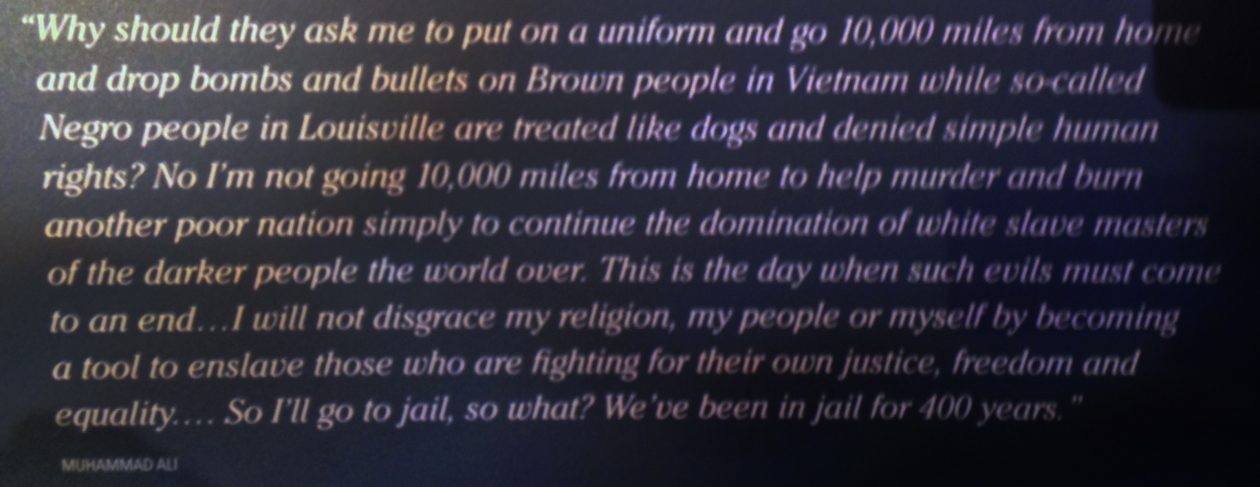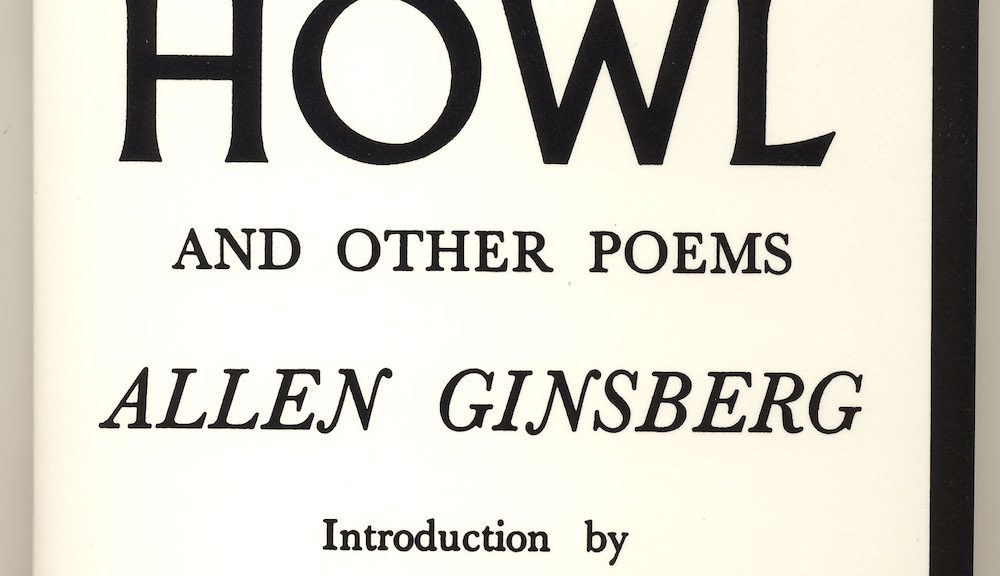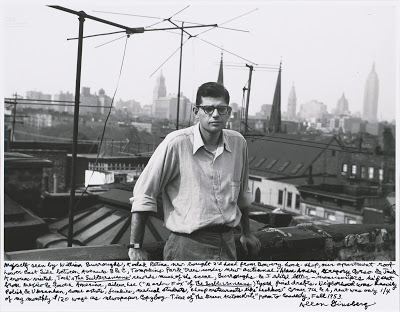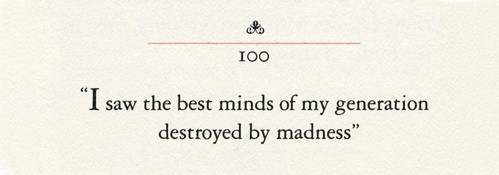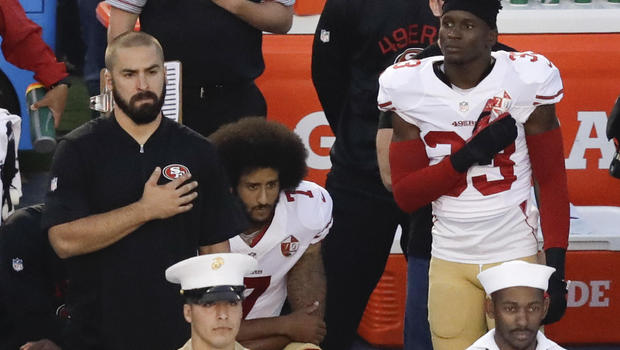Allen Ginsberg Howl judgement
October 3, 1957
Allen Ginsberg Howl judgement
Free speech v free speech
The struggle between the Bill of Right’s First Amendment [Congress shall make no law …abridging the freedom of speech…”] on paper and in reality is an ongoing one. That freedom becomes culturally uncomfortable when the speech expressed is contrary to the norm.
Allen Ginsberg Howl judgement
James Joyce Ulysses
On December 6, 1933 in United States v. One Book Called Ulysses. Judge John M. Woolsey ruled that James Joyce’s Ulysses was not pornographic—that nowhere in it was the “leer of the sensualist.”
Woolsey stated that the novel was serious and that its author was sincere and honest in showing how the minds of his characters operate and what they were thinking. Some of their thoughts, the judge said, were expressed in “old Saxon words” familiar to readers, and [i]n respect of the recurrent emergence of the theme of sex in the minds of [Joyce’s] characters, it must always be remembered that his locale was Celtic and his season Spring. “To have failed to honestly tell fully what his characters thought would have been “artistically inexcusable”, said the judge.
One might think that such a clear ruling regarding literature closed the door to future challenges, but those challenges continued and continue.
Lawrence Ferlinghetti
Ginsberg first performed “Howl” at the Six Gallery in San Francisco on October 7, 1955. In 1956, Lawrence Ferlinghetti, who ran City Lights Bookstore and the City Lights Press, published “Howl” as part of collection called Howl and Other Poems.
US Custom agents seized 520 copies of the book [printed in Great Britain] on March 25, 1957 and on June 3, 1957 two San Francisco undercover cops assigned to the Juvenile Bureau arrested Shigeyoshi Murao, a clerk at the City Lights store for selling “Howl and Other Poems.”
Judgement
Ferlinghetti requested a bench trial thinking that a judge might be more likely to favor the defendant’s case than a jury. Judge Clayton W Horn, a Republican, taught Sunday school. He had once sentenced sentenced five female thieves – the newspapers called them “lady shoplifters” – to attend a showing of the movie “The Ten Commandments” and to write essays on the epic film’s lesson when it came to stealing.
On October 3, 1959 Horn ruled and sided with the defense. In his ruling he said, “The first part of ‘Howl’ presents a picture of a nightmare world… The second part is an indictment of those elements in modern society destructive of the best qualities of human nature; such elements are predominantly identified as materialism, conformity and mechanization leading toward war…”
Allen Ginsberg Howl judgement
Ginsberg reading Howl (link to words → Howl)
